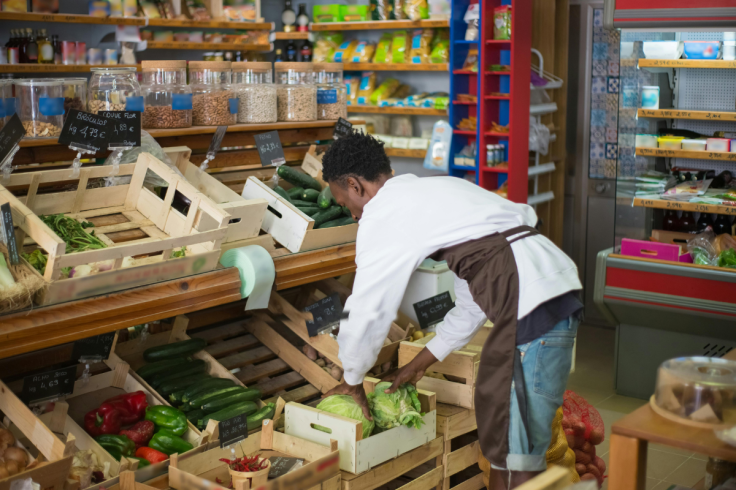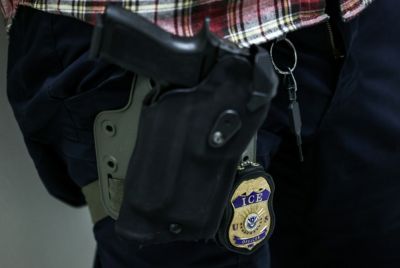'How Do We Compete?': NYC Bodega Workers Fear Job Loss as Mamdani Pushes For Rent-Free Government Supermarkets
Mamdani's vision for affordable food is bold, but it risks alienating bodega workers and owners who fear economic ruin.

New York City bodega workers and owners have voiced their concern over Democratic mayoral candidate Zohran Mamdani's plan to establish city-run grocery stores aimed at tackling food insecurity.
The proposal, which involves redirecting city subsidies to fund rent-free public supermarkets, has sparked fears of job losses and business closures among small retailers.
Unpack Mamdani's Grocery Plan
Zohran Mamdani, the frontrunner for New York City's mayoral election after winning the Democratic primary, proposes creating five city-owned grocery stores, one in each borough, to offer affordable food in areas with high food insecurity, per the New York Post.
By redirecting £101 million ($140 million) in private grocery store tax breaks, Mamdani aims to fund these rent-free stores, which would sell fresh produce and staples at lower prices.
He argues this will address the 30% food insecurity rate in some NYC neighbourhoods, per CNN. X posts, like @nypost's on 1 July 2025, highlight bodega owners' fears that these stores could drive them out of business.
Capture Bodega Workers' Fears
Bodega owners and workers, many from immigrant communities, worry they cannot compete with rent-free public stores.
At a 30 June 2025 press conference, the United Bodegas of America (UBA) decried Mamdani's plan as 'unfair competition' that threatens thousands of jobs, per PoliticsNY.
John Catsimatidis, Gristedes supermarket chain owner, warned he might close stores if Mamdani wins, per Fox Business.
Workers like Carlos, a Hell's Kitchen bodega owner, fear losing their livelihoods, as small stores lack the economies of scale to match city-backed prices, per City Journal.
X user @LeftismForU on 30 June 2025 compared the plan to Soviet-style policies, predicting 'bread lines' and economic disruption.
Assess Economic and Social Impacts
Mamdani's plan, estimated at $60 million for a pilot, could reshape NYC's grocery landscape, as per the same Fox Business report.
Supporters, like food policy expert Errol Schweizer, argue it addresses market failures in food deserts, offering fresh produce where private chains often avoid investing, per CNN.
However, critics, including economists cited by Fox Business, warn of fiscal mismanagement, noting the city's lack of supply chain infrastructure.
The plan could disrupt the £9.6 billion ($12 billion) NYC grocery market, potentially affecting 13,000 bodegas employing 65,000 workers, per the UBA. Catsimatidis likened it to Venezuela's state-run stores, predicting shortages, per Raw Story.
The debate underscores tensions between affordability goals and small business survival.
Navigate the Path Forward
Mamdani's vision for affordable food is bold, but it risks alienating bodega workers and owners who fear economic ruin.
A balanced approach, perhaps limiting public stores to underserved areas or offering bodega subsidies, could ease tensions.
Engaging small retailers in planning could ensure inclusivity while tackling food insecurity in New York's underserved neighbourhoods.
Collaborating with bodega owners on pricing or distribution might preserve their role in communities.
Without compromise, Mamdani's proposal risks deepening economic divides, threatening jobs and cultural heritage.
It challenges NYC to balance affordability with supporting its vibrant bodega culture, a cornerstone of community life vital for social cohesion.
© Copyright IBTimes 2025. All rights reserved.





















